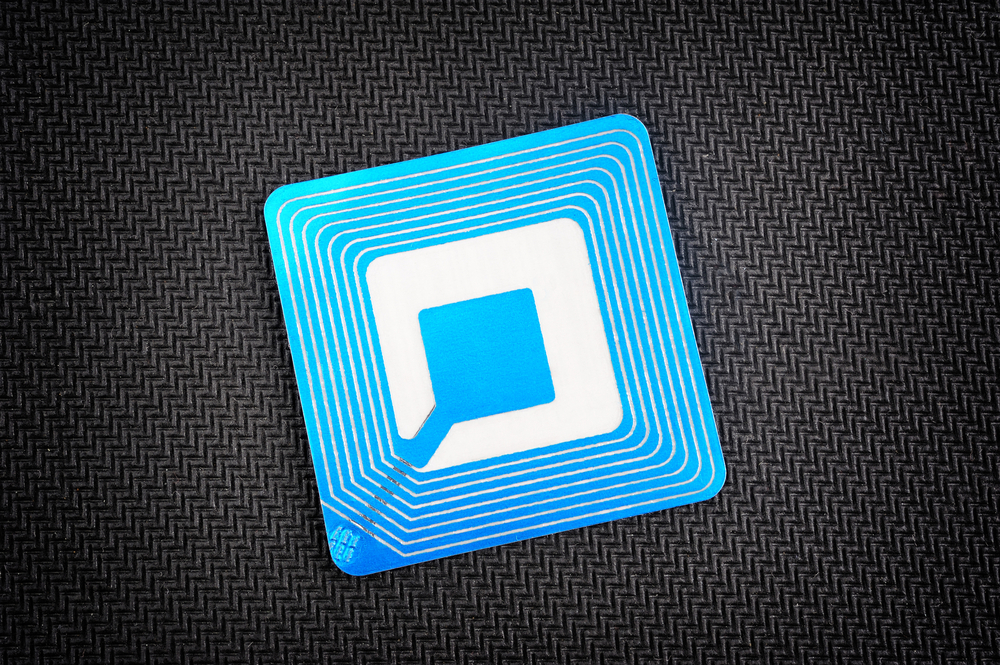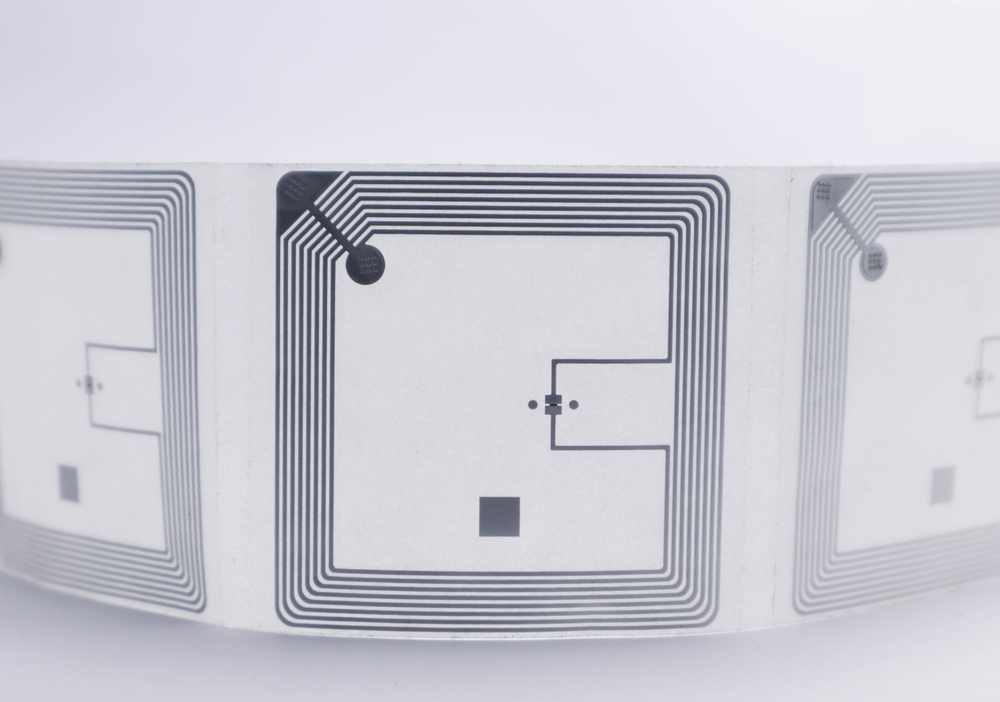The Evolution of Packaging
Packaging has come a long way from just being a simple wrapper to protect products. Today, it’s an integral part of the brand experience—capturing attention on the shelf, displaying important information, and even telling a story. But what if your packaging could do even more? Enter smart labels: the future of the packaging industry.
In this blog, we’ll explore how smart labels are reshaping the way businesses manage their products and how consumers interact with them. From improved supply chain management to a more interactive shopping experience, smart labels take your packaging to the next level. Ready to dive into the future? Let’s get started!
What Are Smart Labels?
So, what exactly are smart labels? Smart labels are equipped with advanced tags that store and transmit data, making your packaging smarter and more interactive. These labels represent the next evolution in digital packaging, equipped with features like RFID (Radio-Frequency Identification), NFC (Near-Field Communication), QR codes, and sensors. These little tech powerhouses can store and transmit data, making your packaging smarter and more interactive.
Imagine this: You pick up a product, scan its smart label, and instantly get detailed insights—where it was made, how fresh it is, or even suggestions for how to use it. No more guesswork or searching online for product details. With smart labels, the information comes to you.
Different types of smart labels serve different purposes. Some are designed to track packages throughout the supply chain, ensuring everything runs smoothly from production to purchase. Others focus on improving the customer experience by providing interactive content or personalized promotions. Whatever the applications, one thing’s clear: smart labels are changing the game by integrating technology into traditional packaging, offering more than just surface-level information.
The Benefits of Smart Labels for Businesses

For businesses and manufacturers, smart labels are more than just a cool tech upgrade—they’re a powerful tool for boosting efficiency and satisfying your customers. Let’s take a closer look at some of their biggest benefits:
Improved Supply Chain Management
Smart labels, especially those with RFID or NFC technology, make it easy for you to track products in real time. This means businesses can monitor inventory, reduce losses, and streamline operations with just a quick scan. No more manual counts or outdated records—everything is updated automatically, making your entire supply chain more efficient.
Better Product Security
Counterfeiting is a huge issue in many industries, but smart packaging technology can help tackle that. With features like unique identifiers or blockchain integration, businesses can make sure their products are authentic. Customers can even verify the authenticity themselves by scanning the label, giving them peace of mind and building trust in the brand.
More Consumer Insights
Smart labels don’t just help businesses track products—they also help track customer interactions. By collecting data on how, when, and where customers interact with your product, you can gain valuable insights into their buying habits and preferences. This means better targeted marketing, more personalized offers, and ultimately, happier customers. A smart label seamlessly integrates into your packaging to offer real-time insights.
The Customer’s Experience: Interactive and Informative with Connected Packaging
Let’s face it—today’s consumers want more than just a product; they want an experience. And smart labels deliver exactly that. Imagine picking up a product, scanning its label with your phone, and instantly accessing everything you need to know—ingredients, origin, usage tips, and more. No more digging through fine print or searching online. It’s all right there, in real time.
Convenience and Transparency
Smart labels offer unmatched convenience by making product information readily accessible. Whether it’s food transparency (think nutritional details or sourcing info) or product instructions, smart labels help build trust by offering full transparency. Customers appreciate brands that make it easy for them to get the info they need without any hassle.
Engagement and Loyalty
But smart labels do more than just inform—they engage. Some brands are using them to offer personalized experiences, like interactive games, exclusive content, or special promotions. Scan a label, and you might unlock a discount, a recipe, or even an augmented reality (AR) experience. These extras turn a simple purchase into a memorable interaction, building stronger connections and loyalty with customers.
Health and Safety
Smart labels can also play a big role in health and safety. For example, they can provide real-time updates on a product’s freshness or expiration date. Some even come with temperature sensors that alert consumers if the product has been stored improperly. This level of detail enhances the customer experience and helps you give them peace of mind.
Emerging Smart Packaging Technology
Smart labels are already impressive, but the technology behind them is evolving fast. Let’s take a look at some of the emerging technologies that are set to make smart labels even smarter:
RFID and NFC Advancements
RFID (Radio-Frequency Identification) and NFC (Near-Field Communication) are at the heart of many smart labels. These technologies are becoming more efficient and cost-effective, which means businesses of all sizes can start leveraging them. RFID labels allow for real-time tracking of products, while NFC lets customers interact with packaging through a simple tap of their smartphone.
Blockchain Integration
Blockchain isn’t just for cryptocurrency—it’s making its way into packaging, too. By integrating blockchain with smart labels, companies can create secure, tamper-proof records of a product’s journey from production to purchase. This is especially valuable for industries like pharmaceuticals and luxury goods, where authenticity and transparency are important.
IoT and AI
The Internet of Things (IoT) and Artificial Intelligence (AI) are also driving innovations in smart labels. IoT enables smart labels to connect with other devices, creating a seamless flow of information across the supply chain. Meanwhile, AI can analyze data collected by smart labels to provide deeper insights into consumer behavior, predict trends, and even automate some processes. These technological advancements are pushing the boundaries of what smart labels can do, making them an indispensable tool for businesses looking to stay ahead.
Smart Labeling Challenges and Considerations
As exciting as smart labels are, integrating this technology isn’t without its challenges. Let’s explore some of the key considerations businesses should keep in mind:
Cost and Integration
One of the biggest hurdles for many companies is the initial investment. Smart labels, especially those with RFID or NFC, can be more expensive than traditional labels. There’s also the cost of implementing the infrastructure, like scanning devices and data management systems. For some products, especially those with sensitive labels, ensuring durability while incorporating advanced features can be challenging.
Data Privacy and Security
With great data comes great responsibility. Smart labels can collect a wealth of information, from supply chain data to customer behavior insights. But with this comes the challenge of protecting that data. Companies need to make sure they’re handling consumer information responsibly, following data privacy laws, and safeguarding against potential breaches.
Technology Standardization
Another consideration is the lack of universal standards. Different industries might use various technologies, leading to compatibility issues. Establishing industry-wide standards will be important to make sure smart labels can communicate across different platforms and devices.
The Future of Smart Labels: Trends to Watch
The future of smart labels is bright, with exciting trends on the horizon that could reshape the way we think about packaging. Here’s what to watch for:
Increased Adoption
While smart labels in packaging are already making waves in retail and logistics, their use is expanding rapidly into other sectors like food and beverage, pharmaceuticals, and even fashion. Expect to see more brands using smart labels to improve both product traceability and customer engagement.
More Personalized Consumer Experiences
Personalization is the future of customer engagement, and smart labels will play a key role. Imagine scanning a product and receiving recommendations tailored specifically to your preferences or purchasing history. As AI and data analytics improve, smart labels will allow your business to deliver hyper-personalized experiences that deepen customer loyalty.
Advancements in Eco-Friendly Smart Labels
The next wave of smart labels will likely include eco-friendly options, such as biodegradable or recyclable labels. These advancements will allow companies to merge smart technology with sustainable practices.


